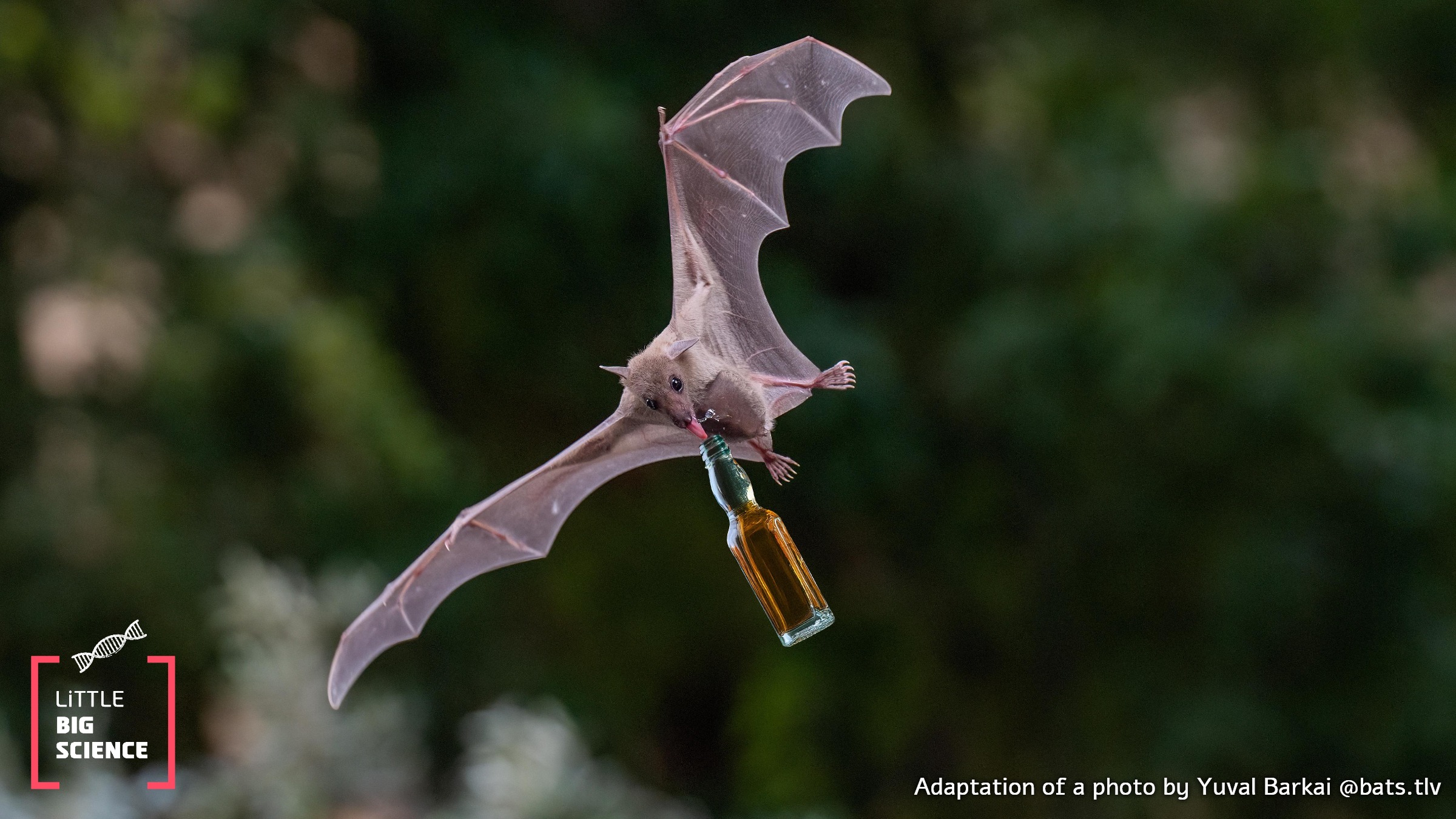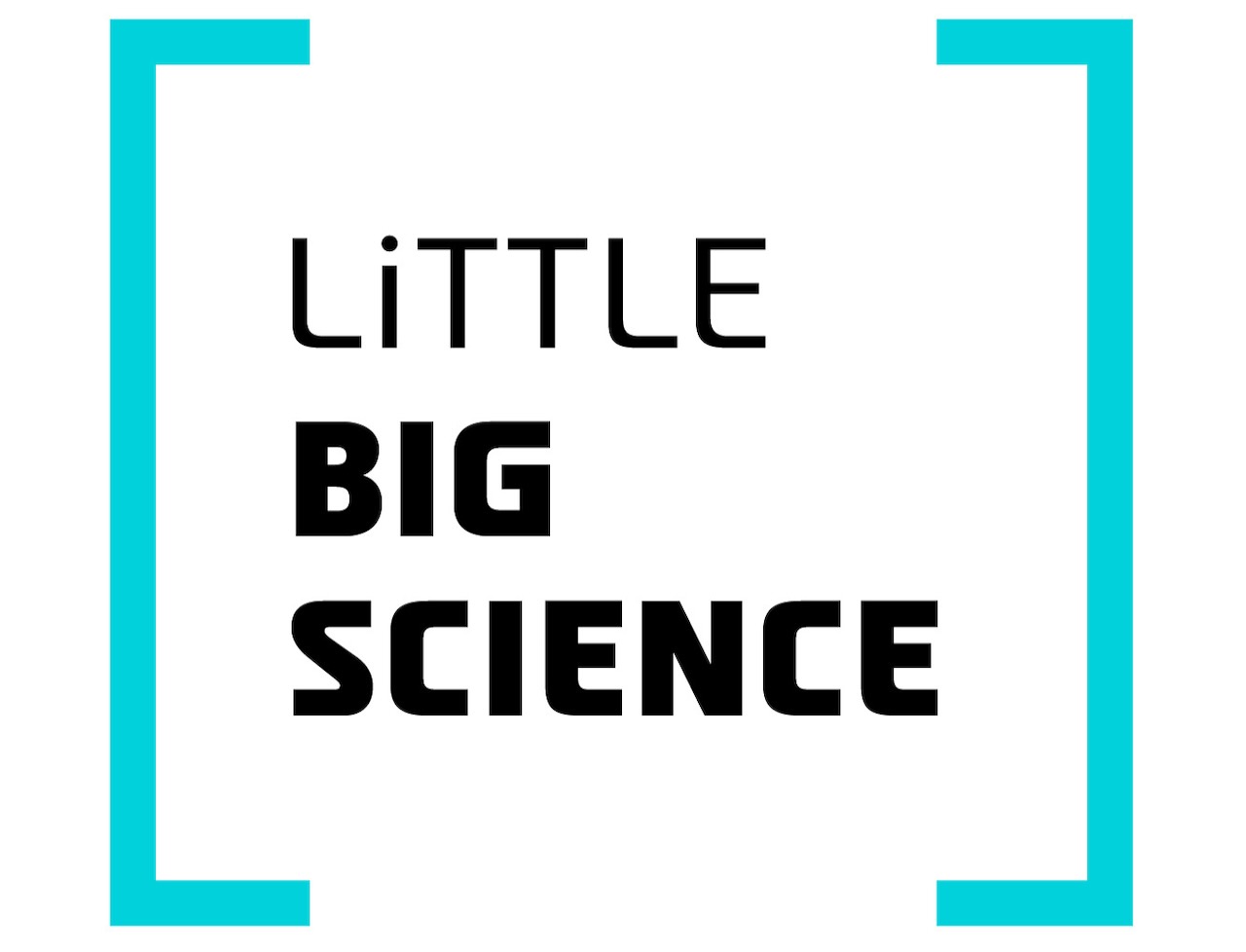
Before we celebrate the 2025 Nobel Prizes, let’s first sample the Ig Nobel Prize—awards that highlight research that makes us laugh at first, and then think. This year’s prize in the Aviation category was awarded to a team of researchers led by Professors Carmi Korine and Barry Pinshow of Ben-Gurion University, for a study showing that consumption of naturally sourced alcohol adversely affects the flight and sonar abilities of fruit bats.
Advertisement
In nature, alcohol isn’t found in pubs—it’s found in fruit. As fruit ripens, microorganisms ferment its sugars and generate ethanol, the type of alcohol found in intoxicating beverages (the same process used in winemaking). As a result, fruit-eating animals can occasionally find themselves sipping tiny “shots” unintentionally. An Israeli-led research team posed a simple yet far-reaching question: if a bat eats an over-ripe fruit, does it fly and sense the world differently?
The study [1] focused on the Egyptian fruit bat (Rousettus aegyptiacus), a species that—as its name implies—loves fruit. These bats generally prefer fruit with low ethanol content and avoid over-ripe fruit. Nevertheless, in nature they sometimes encounter ethanol-rich fruit, and under conditions of scarcity or poor physical state they may consume it in substantial amounts.
This bat species navigates by emitting ultrasonic waves and listening for their echoes (echolocation), much like a submarine’s sonar. The bat sends out clicks from its jaw to construct an image of its surroundings from the echoes that return to a specialized structure in its ears. Fruit bats, specifically, produce these waves via tongue clicks, typically in paired patterns: two rapid clicks separated by a short interval, followed by a longer pause between pairs.
In the experiment, adult male bats were given a liquid diet enriched with about 1 % ethanol (a level found in over-ripe fruit) and compared with the same bats under an alcohol-free liquid diet. After each feeding, the researchers released the bats in a laboratory flight corridor 6.7 meters long, measured their flight times down the corridor, and recorded their ultrasonic calls.
The findings showed that bats given alcohol needed about 3.5 seconds to traverse the corridor, versus roughly 2.2 seconds for sober bats. A difference of a single second may seem trivial to us, but in a bat’s world slower, sloppier flight can determine whether it dodges a branch or crashes, or escapes a predator or gets caught. The study also found that when the bats were “drunk,” their sonar pattern was disrupted and became less orderly: the gap between paired clicks shortened, and the variability of the intervals between click pairs increased. Moreover, the proportion of single clicks (rather than pairs) rose markedly: over 50 % in “drunk” bats versus about 7.5 % in sober ones. Although the study did not directly measure navigation errors or collisions, the combination of slower flight and less stable call timing could compromise the acoustic information the bat receives, making precise navigation in complex environments harder.
At first glance, “drunk bats” might sound like the punchline to a joke, and perhaps the Ig Nobel Prize committee thought so too. Yet a deeper look offers rich insight into evolution and behavior. For instance, some mammals that feed on ethanol-rich fermented nectar—treeshrews, for example—display much higher ethanol tolerance with virtually no performance loss. Bats, however, fly, and flight is unforgiving of mistakes: it demands exceptional control and timing, refined over millions of years of evolution. The tendency of fruit bats to shun over-ripe, alcohol-laden fruit may therefore be adaptive: a safe, low-cost behavioral strategy compared with evolving a specialized metabolic system to process large amounts of alcohol, as treeshrews have done.
There’s also a lovely ecological twist. Plants, microbes, and animals engage in a “chemical conversation” around fruit: microbes ferment, the fruit ripens, and animals decide—consciously or not—how much ethanol is “too much.” For a fruit bat slicing through the darkness at high speed, the answer is probably: “A ripe fruit is tasty and safe, but an over-ripe one is dangerous.” In other words, the bat appears able to sense the subtle chemistry of fermented fruit and avoid it.
So yes, it’s fun to imagine a bat with a mild hangover. But it’s worth reflecting on what this odd behavior reveals: how delicate biochemistry shapes behavior, how biomechanics constrains evolution, or how a sip of ethanol from an over-ripe fig might affect an individual’s survival odds. That’s the charm of the Ig Nobel Prize—scientific humor (or humorous science) can open the door to deeper understanding.
Next time you pass a tree laden with fruit, you might think of the night pilots overhead—or they may remind you of their presence, as anyone walking the streets of Tel Aviv knows. Precision flight and alcoholic snacks don’t mix; neither nature nor humans have much tolerance for drunken air traffic.
The featured image was adapted from a photo by Yuval Barkai. Follow @bats.tlv on Instagram for more awesome bat photos.
Hebrew editing: Smadar Raban
English editing: Elee Shimshoni
References:
- The original article for which the prize was awarded
- TalkingScience Podcast – Prof. Emma Teeling – Bats Genomics
- About the Ig Nobel Prize on Wikipedia







